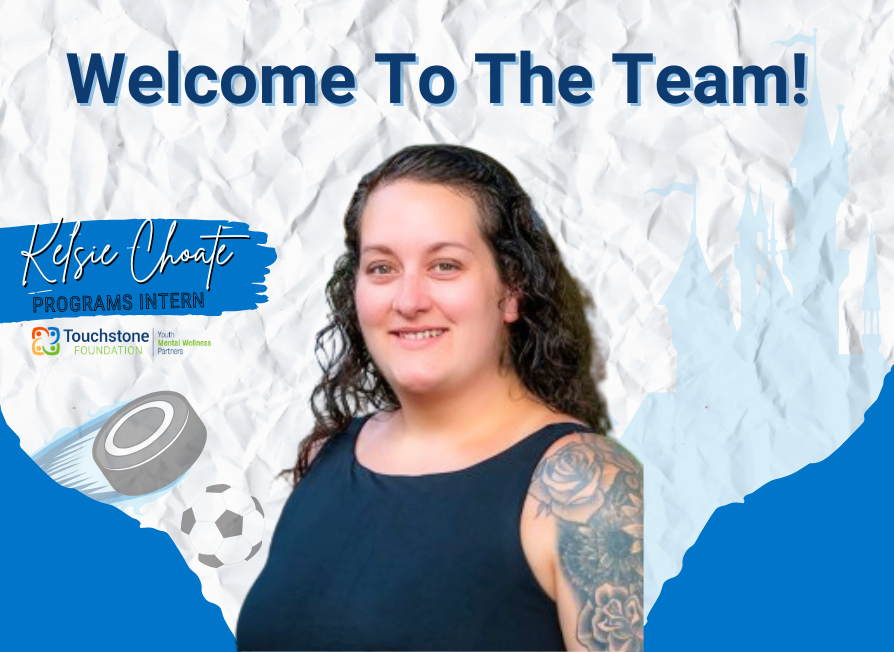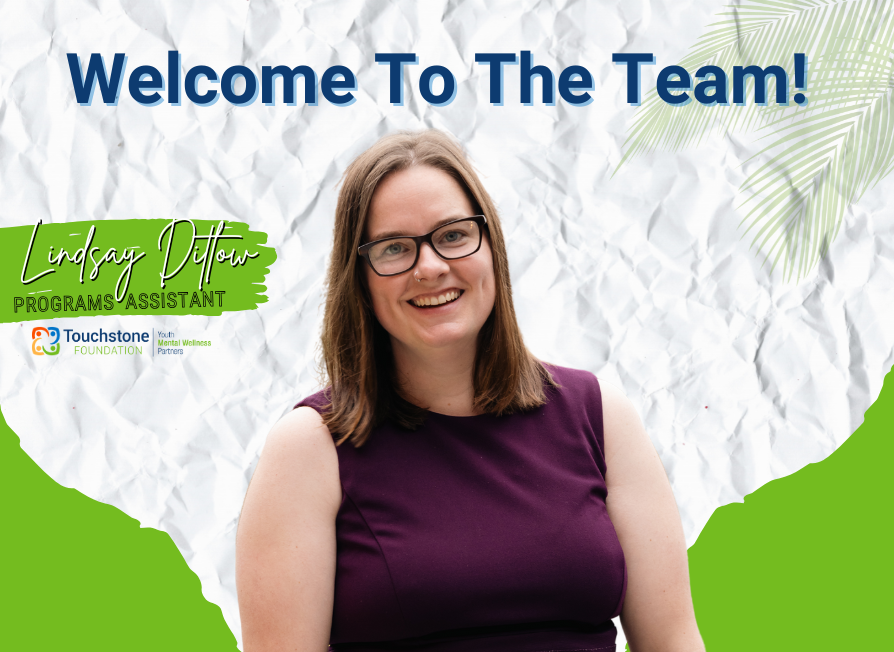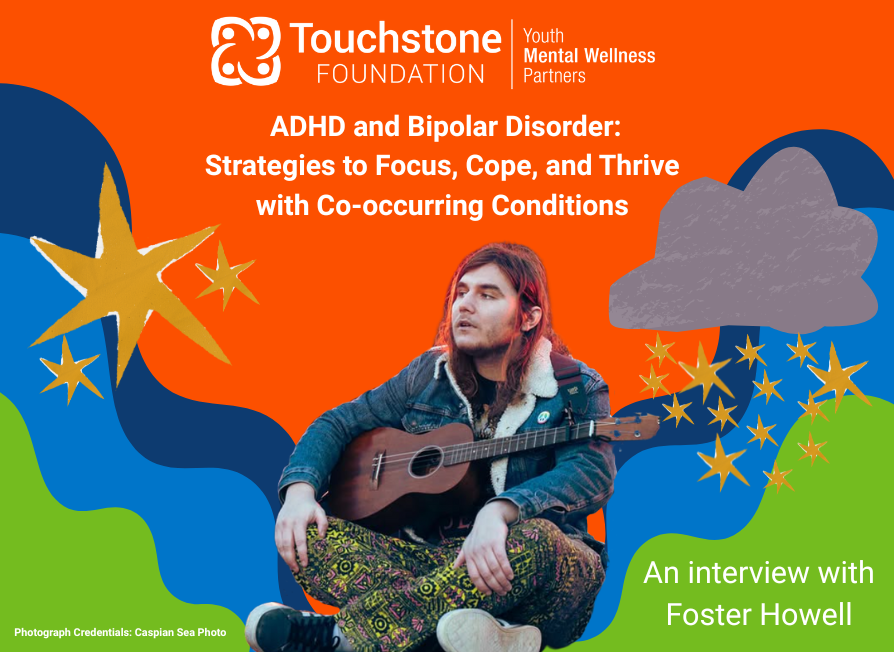May is Mental Health Awareness Month and Asian American Pacific Islander Month! We wanted to take the time to highlight members of our community who are doing amazing work. In this Q&A series we will be getting to know members of our community and asking them questions.
First up is Adam Hosey! A familiar face to some, he is the Chief Equity Officer at the YWCA. Before joining the YWCA, he worked as a humanities teacher. Adam is a Korean adoptee and grew up in the suburbs of Philadelphia, but he has been part of the Lancaster community for the last 8 years.
Q: What is your journey with mental health/mental wellness?
I was very close to my great grandmother as she was the only grandparent I had. When she passed when I was in college, I didn’t recognize the physical and mental effects of depression. I went to the doctor thinking I had mono (it was college after-all) and ended up being diagnosed with seasonal affective disorder. Simultaneously, I was engaging in the Black feminist canon and had begun reading the work of bell hooks. When she wrote “The first act of violence that patriarchy demands of males is not violence toward women. Instead, patriarchy demands of all males that they engage in acts of psychic self-mutilation, that they kill off the emotional parts of themselves,” in The Will to Change: Men, Masculinity, and Love, it was a life changing moment and a quote that still drives the work I do at YWCA to eliminate racism and empower women.
Q: Why do you think mental health awareness is important in the Asian community?
The model minority myth that exists in the United States has severe mental health implications on the Asian community. Personally, it caused me to not speak up for myself as a young person and to not advocate for myself because society was telling me that I needed to be the quiet, stoic Asian who was good at school and didn’t start trouble. For others it can mean being placed in a box that they don’t want to be in and being stuck because of being a systemically marginalized group in the United States and fitting in is just easier sometimes. Being part of the Korean adoptee diaspora, there is generational trauma that exists within our bones that needs to be processed with professionals because most of us ended up in white families where we faced cultural erasure and forced assimilation into white dominant culture.
Q: What is one piece of advice you would give to children/youth in Lancaster looking to improve their mental wellness?
Although it is incredibly lonely sometimes, you’re not the only one who feels like you do. Find your people and the (healthy) things that make you feel better.




